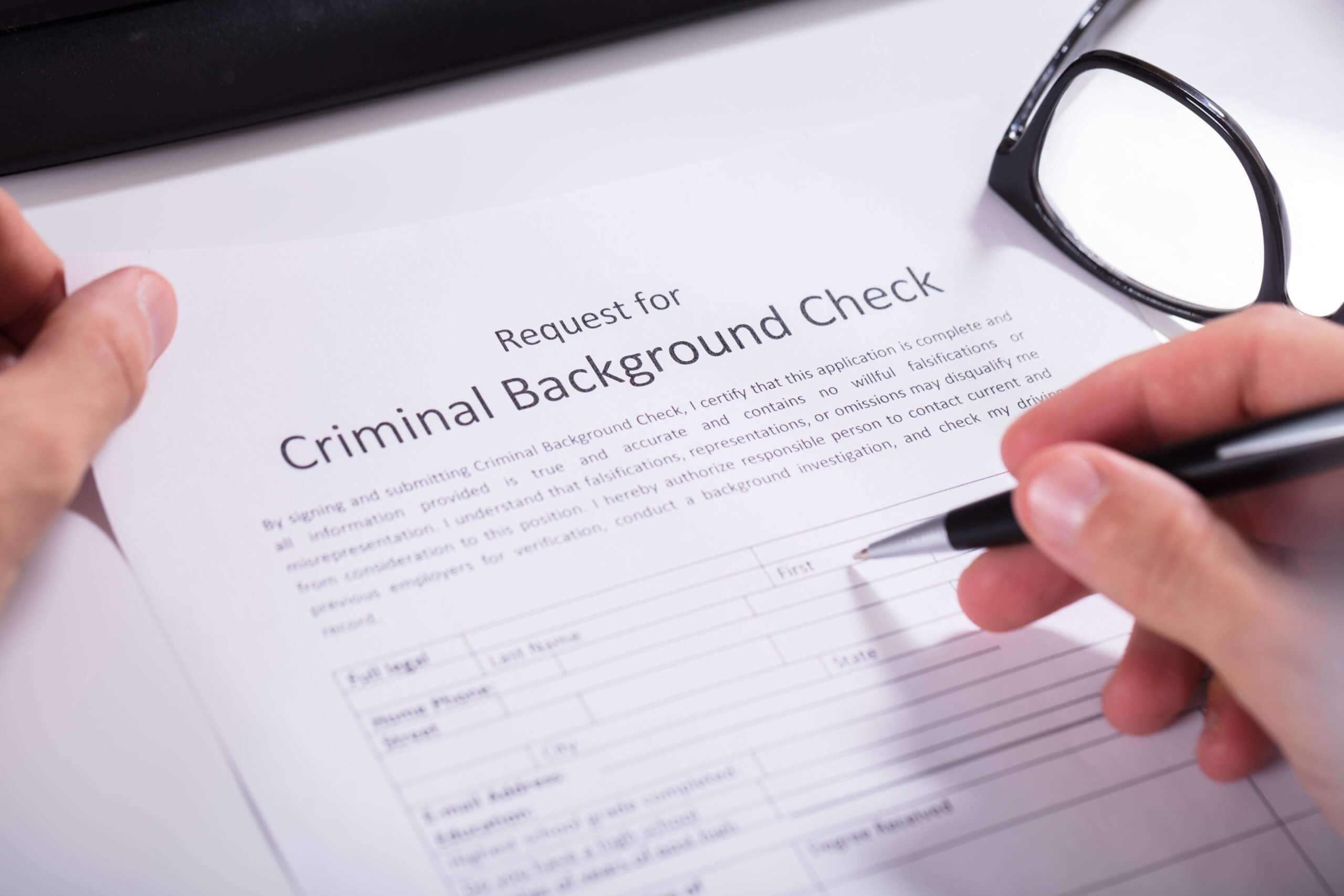A new Philadelphia ordinance amending the City’s Fair Practices Act goes into effect on July 7, 2016. The amendment severely limits an employer’s ability to procure and use credit information on most applicants and employees and also limits references to credit checks on an employer’s background check disclosure and authorization forms. With these new provisions, Philadelphia continues to vie with New York City for the title of the country’s most draconian background check law.
Credit Check Prohibitions. The amended Act makes it unlawful for an employer to procure or use any credit information regarding a Philadelphia applicant or employee (unless covered by a statutory exception as described below) in connection with an employment decision (e.g., hiring, discharge, tenure, promotion, discipline, or the consideration of any other terms, conditions, or privileges of employment). Philadelphia Code § 9-1130 (1). Credit information is defined as any written, oral, or other communication of information regarding an individual’s:
(1) debt;
(2) credit worthiness, standing, capacity, score, or history;
(3) payment history;
(4) charged-off debts;
(5) bank account balances or other information; or
(6) bankruptcies, judgments, liens, or other items under collection.
Philadelphia Code § 9-1102 (1)(c.1). Importantly, unlike most other recent background check legislation, which allows employers more leeway in conducting checks post-offer, the Act’s prohibition on credit checks applies regardless of whether the check is conducted before or after a conditional offer of employment.
The Act also prohibits employers from seeking an applicant’s or employee’s cooperation or consent to procure credit information in connection with an employment decision. Philadelphia Code § 9-1130 (1). This means employers cannot provide an applicant or employee with background check disclosure and authorization forms and/or have the applicant or employee complete such forms if the forms reference credit checks or credit-related information (e.g., that the consumer reports may contain information related to an individual’s credit worthiness, credit capacity, credit standing, etc.), unless the company and/or the position falls within one of the Act’s exceptions.
Exceptions to the Credit Check Prohibitions. The amended Act allows a few exceptions, including:
(1) If the employer is a financial institution. Philadelphia Code § 9-1130 (2)(a).
- This exception covers banks, savings and loan associations, credit unions, trust companies, insurance or surety companies, bank holding companies, financial holding companies, investment advisors, broker-dealers, entities registered with the U.S. Securities and Exchange Commission, or subsidiaries or affiliates of any of these. Philadelphia Code § 9-1102 (1)(j.1).
(2) If the credit information must be obtained pursuant to state or federal law. Philadelphia Code § 9-1130 (2)(c).
(3) If the job requires an employee to be bonded under federal, state, or Philadelphia law. Philadelphia Code § 9-1130 (2)(d).
(4) If the job in question is supervisory or managerial in nature and involves setting the direction or policies of (i) a business or (ii) a division, unit, or similar part of a business. Philadelphia Code § 9-1130 (2)(e).
(5) If the job in question involves significant financial responsibility to the employer. Philadelphia Code § 9-1130 (2)(f).
- According to Philadelphia Code § 9-1130 (2)(f), significant financial responsibility includes the authority to make payments, transfer money, collect debts, or enter into contracts. It does not include the handling of transactions in a retail setting.
(6) If the job in question requires access to financial information pertaining to customers, other employees, or the employer (except for information that is customarily provided in a retail transaction). Philadelphia Code § 9-1130 (2)(g).
(7) If the job in question requires access to confidential or proprietary information that derives substantial value from its secrecy. Philadelphia Code § 9-1130 (2)(h).
Pre-Adverse Action Process. If an employer relies on credit information, in whole or in part, in considering an adverse employment action against a Philadelphia applicant or employee under exceptions 3, 4, 5, 6, or 7 above, it must take certain additional steps. Philadelphia Code § 9-1130 (3).
As with past Philadelphia background check requirements, the Act is somewhat unclear as to whether these steps should be conducted during the pre-adverse action process or later. Taking the Act in its entirety and reading it in conjunction with the Fair Credit Reporting Act (FCRA), the proper approach seems to be to combine these requirements with the FCRA’s pre-adverse action letter process.
The Philadelphia and other background check laws, as well as all federal and state background check requirements, are summarized in the firm’s O-D Comply: Background Checks and O-D Comply: Employment Applications subscription materials, which are updated and provided to O-D Comply subscribers as the law changes.





